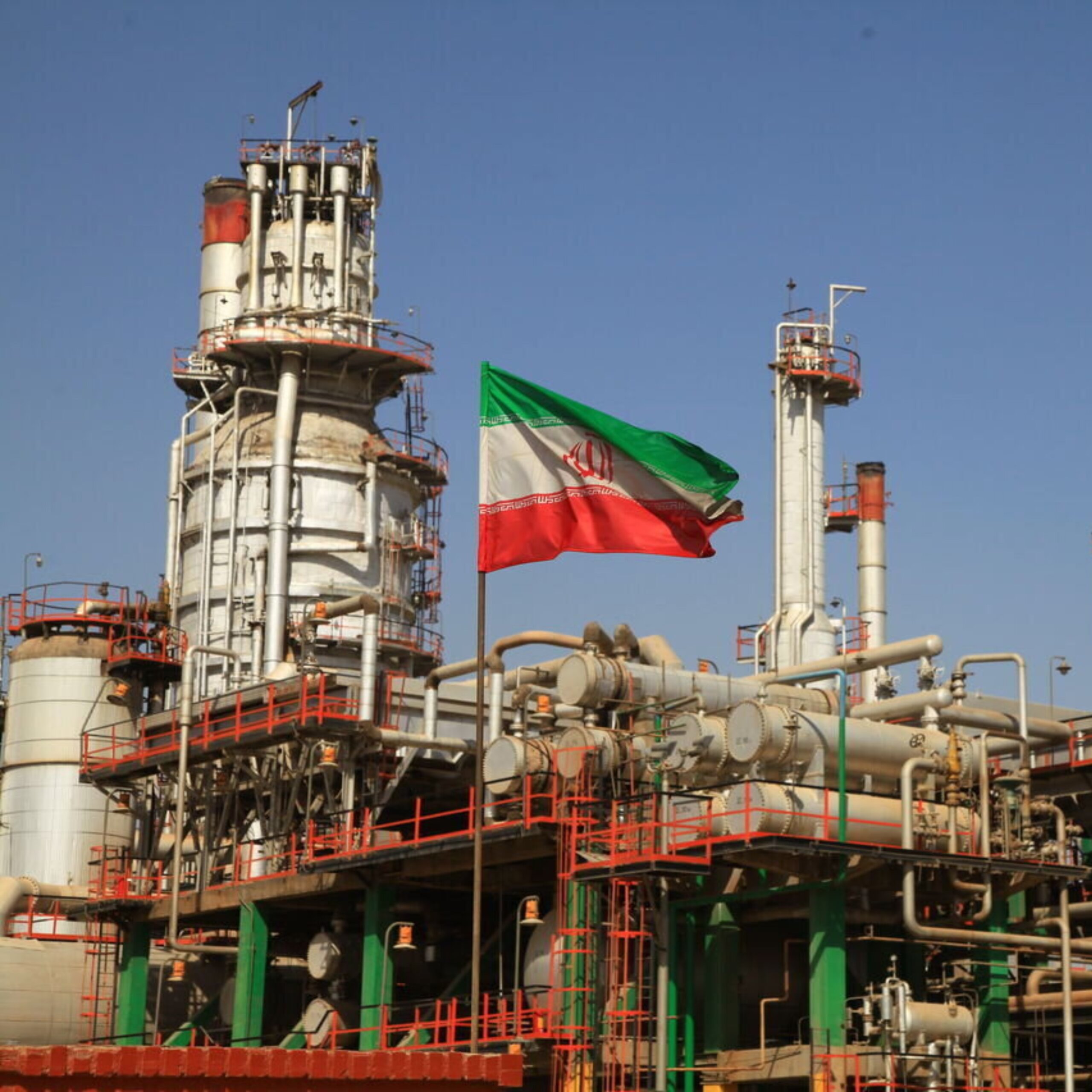On Monday, oil prices shrugged more than 4% as a result of Israeli strikes on Iran during the weekend. Futures for global crude benchmark Brent slid 4.34% to $72.75 a barrel, while U.S. West Texas Intermediate futures dropped 4.54% to $68.52 per barrel. Israel attacked Iran’s military installations in three provinces on Saturday in retaliation to Tehran’s missile attacks on Israel on October 1.
According to Iranian News agency Tasnim, the Israeli attacks killed four soldiers and “limited damages.” This attack excluded Iran’s oil, nuclear, and civilian infrastructure. Several Petro news outlets in Iran confirmed that “Iran’s oil industry is performing “normally with no disruptions.” Andy Lipow, president at Lipow Oil Associates, warned CNBC via email that “oil prices will remain under pressure for the rest of this year, it may be difficult to see Brent crude oil prices reaching $80 in the foreseeable future.”
We have the right to defend ourselves
”نصر من الله و فتح قریب “ pic.twitter.com/MwDf8Seiad— Masoud Pezeshkian (@drpezeshkian) October 1, 2024
Given the US’ active participation in the Iran-Israel conflict, Iran’s oil infrastructure was left unharmed, and “the oil market is back to looking at an oversupplied market,” according to Lipow. The focus has now shifted back to Iran in light of an Israeli response to the October 1 attacks. During a cabinet meeting on Sunday, Iranian President Masoud Pezeshkian stressed Iran’s “right to react to Israel’s attack, but maintained that they do not seek war.” Pezeshkian added, “We will give a proportionate response to the aggression.”






